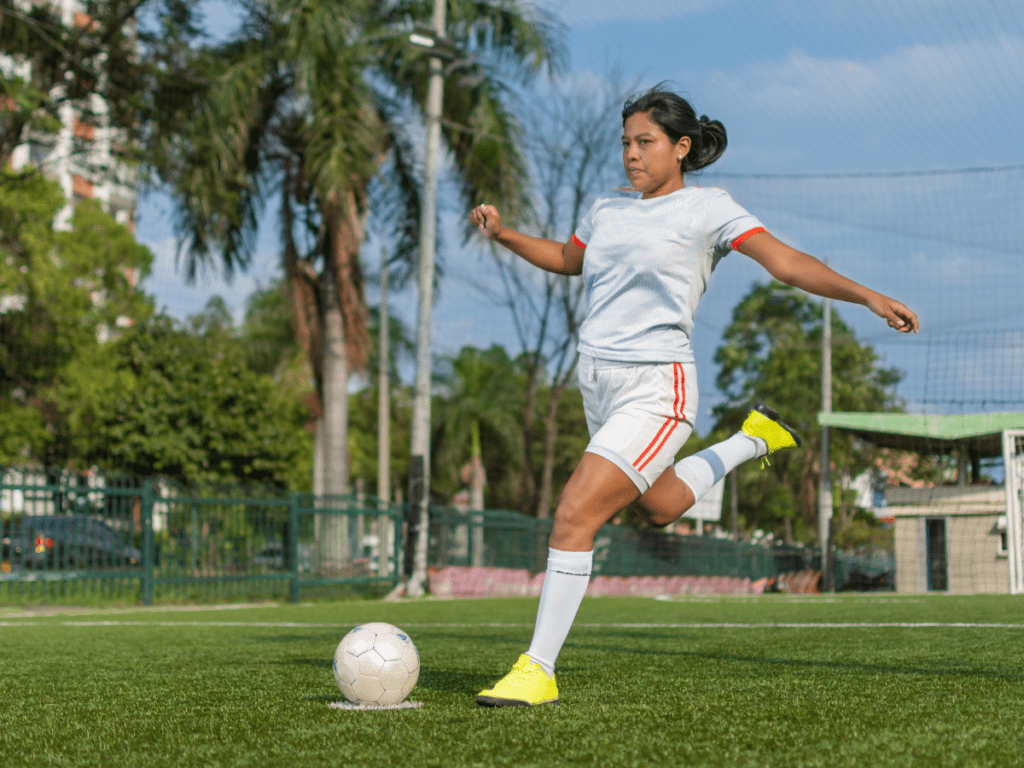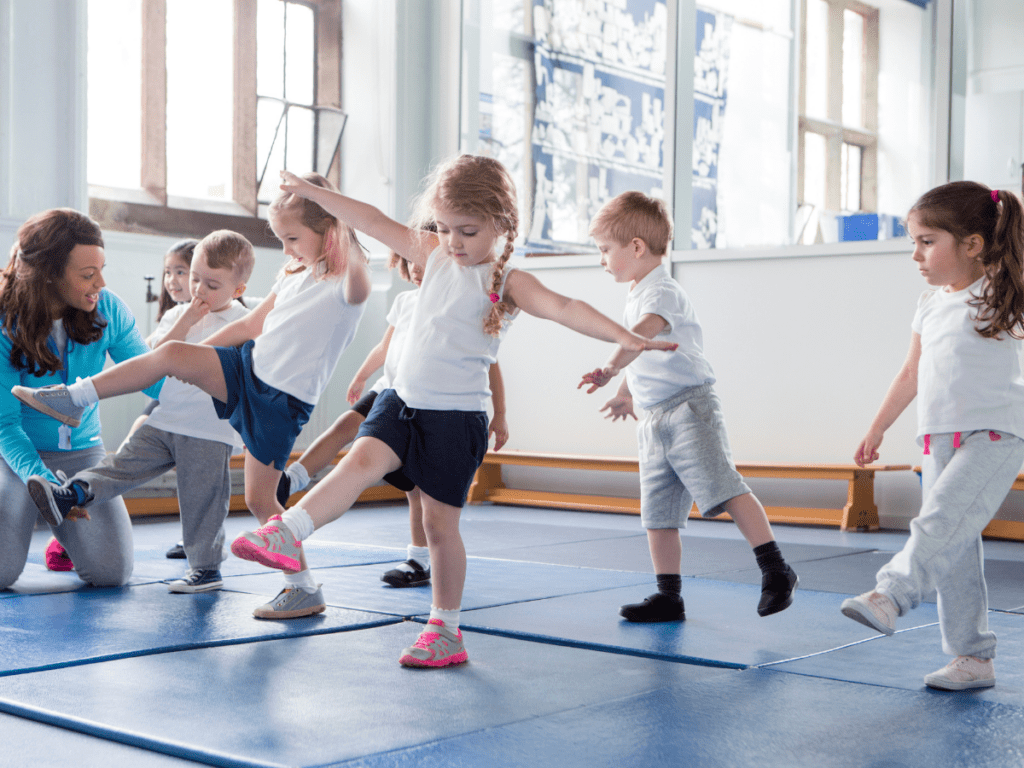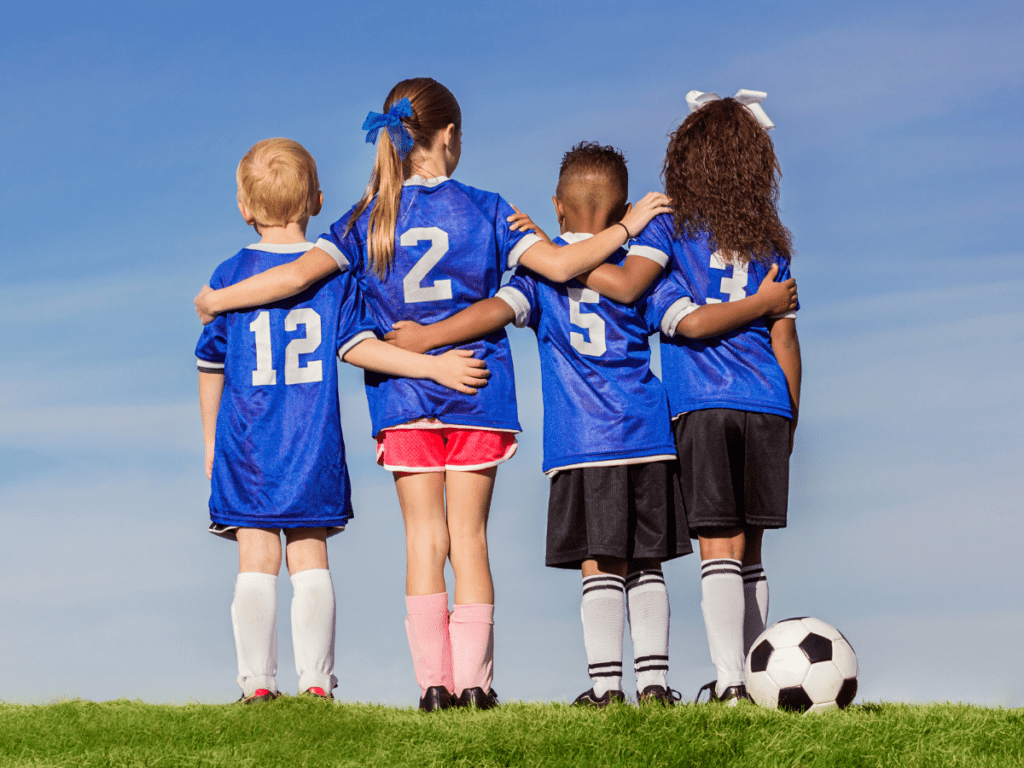Social media and sleep
For youth, healthy sleep habits can improve cognitive functioning and mood, help maintain a healthy body weight, and give youth the energy needed to be active during the day. However, frequent social media use and the consumption of certain types of online content can have a negative impact on their sleep behaviours. To improve quality…
Assessing youth sport programs’ facilitation of positive youth development

Background / Context / Objective With growing societal concern for youths’ healthy development, extensive literature suggests organized leisure activities serve as optimal contexts to foster positive youth development (Larson, 2000), and sport has consistently been found to be the most popular organized activity among youth (Hansen & Larson, 2007). While youth’s involvement in sport is…
Building meaningful programs for indigenous youth

Project summary The main purpose of this research program was to help build more meaningful and relevant sport and recreation-based programs for Indigenous youth through the examination of a series of multidisciplinary analyses and case studies (mainly the Promoting Life-skills in Aboriginal Youth [PLAY] program from Right To Play, Project George, and Milo Pimatisiwin from…
Trickle down effect? Exploring the influence of the Olympic Games on preschooler sport participation and development

Background / Context / Objective The benefits of sport participation among youth are well recognized, yet little work has focused on understanding sport participation among very young children, despite growing participation at increasingly early ages. The first objective of this project was to explore sport participation and development among preschoolers. Findings suggest that while parents…
Uninterrupted sleep
According to the Canadian 24-Hour Movement Guidelines, children (ages 5-13) require 9 to 11 hours of uninterrupted sleep per night and youth (ages 14-17) require 8 to 10 hours per night. Check out this infographic for tips to encourage a good night’s sleep in your family such as encouraging regular wake-up times on the weekend…
Survey on participation in amateur soccer in Canada

Project abstract In general, sport is seen as a powerful contributor to social and personal development (Sport Canada, 2002). The benefits of physical activity and sport have been the subject of numerous studies (Gendron et al., 2005; Parfitt & Eston, 2005). Nonetheless, the number of young North Americans who play sports has been decreasing for…
Increasing physical literacy in youth
Physical literacy – the motivation, confidence, competence, and knowledge to be physically active for life – is considered by some to be the essential ingredient to lifelong physical activity. But how is it developed? Analysis of participant outcomes from a two-week day camp design to increase physical literacy showed promising results from a mix of…
Kids and hiking
The mention of a hike can elicit groans, whining, and protests from children and youth. According to Outside magazine contributor Rachel Walker, tips to get your kids on the trails include choosing an interesting trail, giving them responsibilities, inviting their friends, and not skimping on snacks. However, perhaps most importantly, don’t call it “hiking”!
Concussion Under-Reporting
A team that consistently emphasizes a “win at all cost” attitude could be a team that has developed a tendency to turn a blind eye to injury, reinforcing under-reporting of concussion by members. Recent studies suggest an alarming trend in youth sport for athletes to “power through” symptoms, jeopardizing their own heath for the perceived…
Courtside Evaluation
At MLSE LaunchPad, evaluation activities have gone courtside! Coaches and program leaders distribute tablets for survey completion and conduct mini interviews on the sidelines or in the bleachers, ensuring youth feel they’re still part of the action and not missing out on program time.